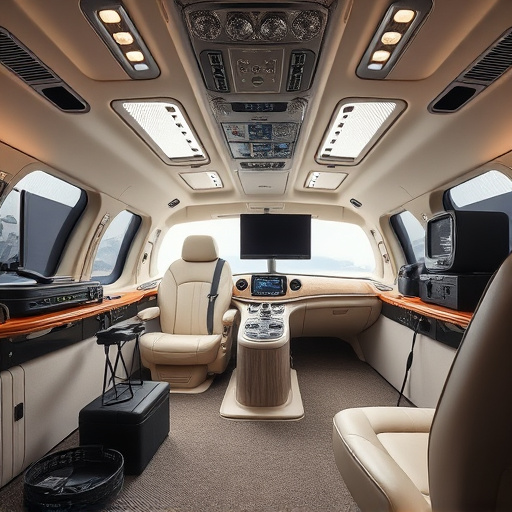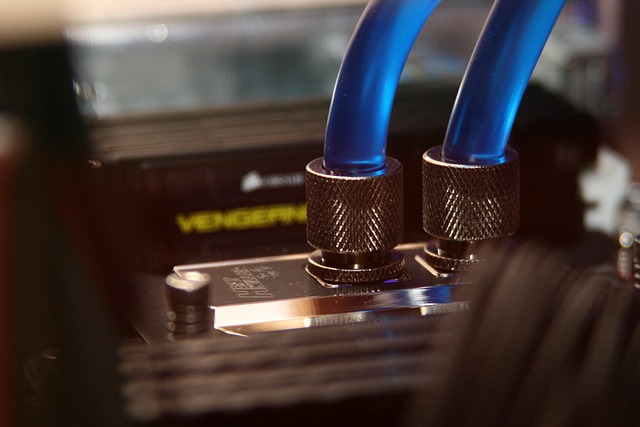Air intake brand reliability ratings are vital metrics influencing consumer trust and loyalty in the automotive industry. Investing in research and development for enhanced air intake system durability improves market reputation and customer faith. By prioritizing transparency, consistent quality, and leveraging customer feedback, brands can boost consumer confidence and expectations of longevity, fostering positive word-of-mouth and sustained growth through air intake brand reliability ratings and durability.
Longevity expectation ratings are a critical metric shaping consumer trust and brand loyalty. Understanding how consumers perceive product durability is essential for businesses aiming to foster long-term relationships. This article delves into the factors influencing these ratings, focusing on air intake, brand reliability, and durability. We explore strategies that brands can employ, based on recent consumer behavior studies, to enhance longevity expectations and stay ahead in a competitive market.
- Understanding Longevity Expectation Ratings: A Key Metric for Consumer Trust
- The Role of Air Intake, Brand Reliability, and Durability in Rating Longevity
- Strategies for Brands to Enhance Longevity Expectations: Insights from Consumer Behavior Studies
Understanding Longevity Expectation Ratings: A Key Metric for Consumer Trust

Longevity expectation ratings are a critical metric that gauges consumer trust in products’ lasting performance. These ratings provide insights into how long consumers expect a product to remain functional and reliable over time, reflecting their investment’s longevity. In the competitive market where brands compete for customer loyalty, air intake components, known for their direct impact on engine health, are particularly scrutinized. Brands that consistently achieve high reliability ratings for durability in these essential parts build trust with discerning consumers.
For automotive brands, ensuring the long-term performance and durability of air intake systems is paramount. High longevity expectation ratings not only attract customers but also foster brand loyalty. This is because satisfied consumers who experience the benefits of reliable, long-lasting components are more likely to become advocates for the brand, recommending its products to others. Thus, investing in research and development to enhance air intake brand reliability ratings pays dividends in terms of market reputation and sustained consumer trust.
The Role of Air Intake, Brand Reliability, and Durability in Rating Longevity

When it comes to rating longevity expectation, several key factors play a significant role in influencing consumer perceptions and decisions. One such crucial aspect is air intake—the process by which vehicles draw in clean air for combustion. Efficient air intake systems contribute to optimal engine performance and reduced wear and tear, thereby enhancing overall vehicle longevity. Well-designed air filters, for instance, trap contaminants, ensuring that only pure air reaches the engine, minimizing damage over time.
Brand reliability ratings also significantly impact how consumers perceive a vehicle’s longevity. Established automotive brands renowned for their durability and reliability tend to foster trust among buyers. Consistent quality control measures and robust engineering practices ensure that vehicles meet high standards, increasing customer confidence in their long-term performance. Moreover, brand reputation for addressing issues promptly through reliable after-sales services further reinforces the expectation of longevity.
Strategies for Brands to Enhance Longevity Expectations: Insights from Consumer Behavior Studies

To enhance longevity expectation ratings, brands should focus on strategies that build and maintain consumer trust in their products’ air intake, brand reliability, and durability. Consumer behavior studies highlight that transparency in product design, manufacturing processes, and performance data can significantly influence purchasing decisions. Brands that communicate openly about the materials used, testing protocols, and long-term performance outcomes tend to foster higher expectations for longevity.
Additionally, delivering consistent quality across various touchpoints, from marketing collateral to after-sales service, reinforces brand reliability. Encouraging customer feedback loops and leveraging them to improve products further demonstrates a commitment to durability. By integrating these strategies, brands can create a positive feedback loop where satisfied customers become advocates, contributing to sustained growth and enhanced longevity expectations.
Longevity expectation ratings are a critical metric that significantly influence consumer trust in brands. By understanding how factors like air intake, brand reliability, and durability impact these ratings, businesses can strategically enhance their products’ perceived longevity. Consumer behavior studies provide valuable insights into what drives these expectations, enabling brands to make informed decisions to meet and exceed customer demands for longer-lasting, more reliable goods. Ultimately, prioritizing air intake efficiency, fostering brand trust, and emphasizing robust durability can lead to stronger market positioning and increased consumer loyalty.














